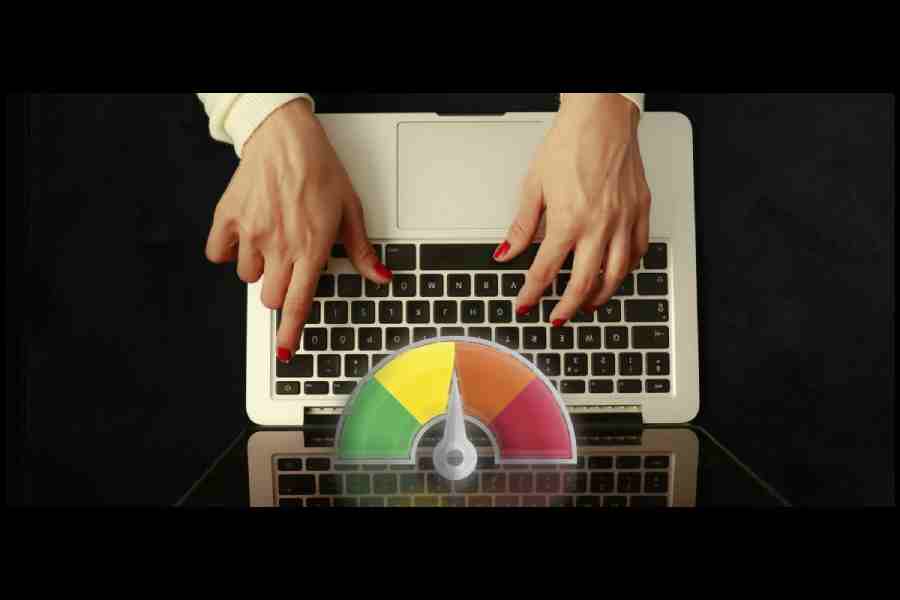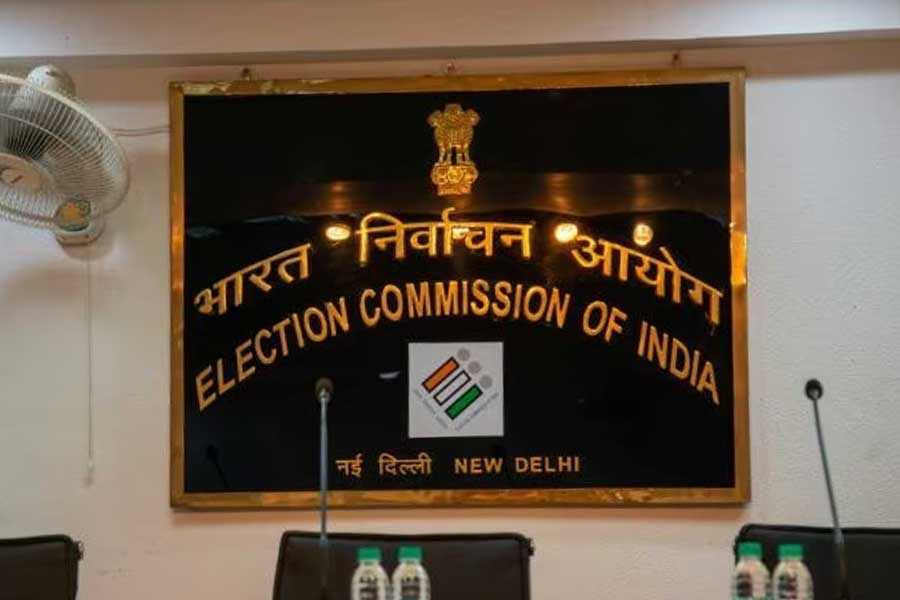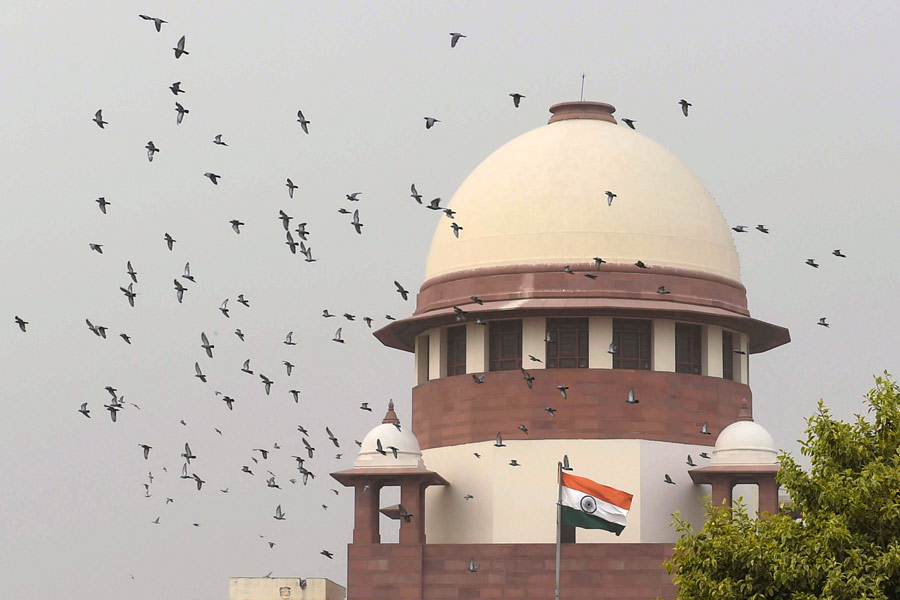From Monday, we’re observing Credit Score Awareness Week. A credit score is a snapshot of an individual’s creditworthiness. It reflects if they’ve managed their loans and credit card dues responsibly. Timely and full payments reflect well on them.
Late payments, defaults, and settlements reflect badly on them. The job of credit scoring falls on credit bureaus such as CIBIL or Experian. They collect credit data from lenders, compute the borrower’s progress with different loans, and give them a score. Today, a good credit score—anything above 750—is critical in getting the best loan offers.
Without a good score, you either pay higher interest rates or don’t get the loan at all. India is becoming credit-mature and is beginning to understand credit scores well. But there are still a few misconceptions around this subject. Let’s look at them and dispel them.
Checking score lowers it
You can check your own credit score. You can get a free credit report once a year from any credit bureau such as CIBIL or Experian. You can also get unlimited free reports from online platforms offering this service. Self-checks, also called soft checks, don’t harm your score. But if a lender checks your credit history—and this typically happens when you apply for fresh credit—your score can fall marginally. So go ahead, check your score as much as you want. It’s a good habit to have, especially when you have some form of ongoing credit.
Income impacts your score
Your income impacts your ability to get credit. But it doesn’t impact your score. You could be an ultra-rich individual. But if you’ve missed credit card payments or defaulted on a loan, your credit score would be bad. On the other hand, you could be starting your career and have a low income today, but if your EMI payments are timely, your score would be good.
Your family impacts score
It doesn’t. Your score is yours alone, linked to your PAN which is unique to you. Your parent’s, spouse’s, or children’s scores have no direct bearing on your score. Their credit—whether good or bad—will not impact your score if you’re not linked to their credit as guarantors or co-borrowers.
Co-borrowing is harmless
Being a financial guarantor for someone else’s loan is as good as taking the loan yourself. It’s the same with co-borrowing where you have shared responsibility for repaying the loan. If the other borrowers miss their payments, the responsibility of payment falls on you. If you fail to pay your dues, your credit score suffers, too. Therefore, think very deeply about the consequences of getting into such loan agreements.
Best to have no credit history
This is subjective. If you can get through life without having to borrow, good for you. If you don’t borrow, you don’t have a credit history and therefore no credit score. But most of us need financing for various life goals such as homeownership. A good credit score—anything above 750—helps avail financing at good interest rates. Without a credit score, you may have to pay higher rates. To the lender, someone with credentials seems safer than someone without. The lower the risks, the lower the interest rates.
A good score is permanent
Like physical and mental health, credit health is a constant process. You need to work at it constantly. Similarly, any credit score—good or bad—isn’t permanent. A single late credit card payment can knock 100 points off your score, and it could take months to recover that lost ground. In that period, if you were applying for another loan, you may have to pay a much higher rate. If you use any form of credit, you’ll need to practice good credit habits of which timely and full repayment of dues is most critical. Anything less than that would hurt your score.
No credit = No score
This is true in theory. If you’ve never taken any credit, you shouldn’t have a score. But reality is more complicated. Last year, a series of loan frauds was unearthed. In it, people checking their credit reports found unauthorised loan accounts against their names. Sadly, some of those loans were also defaulted on. The result?
The victims had their credit scores damaged. They created a hungama on social media, escalated the matter with the lender and credit bureaus, and finally got their scores fixed. The lesson? Even if you don’t have a running loan, it’s a good idea to keep an eye on your credit report.
Impact of utility payments
In countries such as the United States, many lenders consider alternate credit scoring data points especially while lending to sub-prime borrowers who have weak credit histories or low income. Data points such as proof of rent, payment of utility bills, and digital footprints such as social media activity are considered while evaluating prospective borrowers. However, in India, only formal credit activities are tracked to compute credit scores.
Your credit health reflects your financial health. It can be achieved with timely payment of dues and understanding its impact on your credit score.
The writer is CEO, BankBazaar.com











